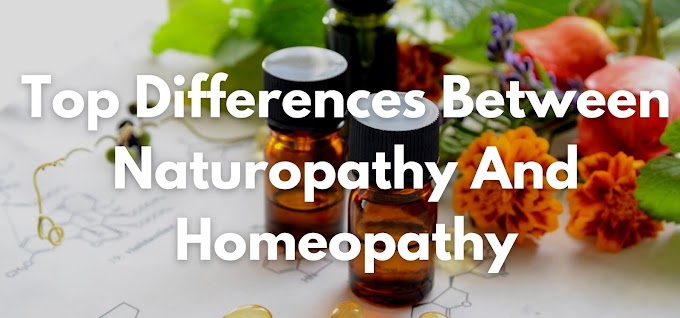A lot of adults and children have started opting for integrative medicine or alternative medicine and most of the time they use both the terms interchangeably; while the truth is there is a slight difference between the two. Although the difference is very fine, it is important to know what actually each of them mean and include.
Alternative Medicine:
Alternative medicine refers to non-mainstream practices that are generally used as an “alternative” to Allopathic medicine (Western medicine) and is typically backed with age-old practices. This technique of treatment believes that a person can regain its health naturally if s/he concentrates on energy alignment, intake of herbal supplements and other balancing methods of a body. It does not implement any of recent researches or developments that have been made in the field of medical science. For example, to treat heart disease with alternative medicine, one will be recommended for chelation therapy, where the concern patient will be treated by removing excess metals from the blood. It does not accept any form of modern medicine, instead it is used in place of allopathy. Thus in simple words, alternative medicines are the therapeutic practices that are currently not considered as an integral part of conventional medical practice. Few of these healing therapies are thousands of years old and thus remains associated safety concerns.
Acupuncture, Ayurveda, Yoga, Tai Chi, Reiki, Hypnosis and etc. are few of its well-known practices.
Integrative Medicine:
Integrative medicine refers to the holistic approaches of healing a person’s health issues completely by incorporating elements of alternative medicine along with evidence-based strategies. Unlike the previous one, this technique of treatment is a blend of alternative methods and allopathic medicines. It relies on proved, effective and safe healing processes and medicines together with valid principles of lifestyle, food habits and preventive measures. Integrative medicine includes wider comprehension of the complete healing systems (naturopathic medicine, Ayurveda, Chiropractic, traditional Chinese practices etc.) and draws together collaborative practices as the best restorative solutions. By emphasizing on all the appropriate therapeutic relationships and prescribing personalized medicine, integrative medicine intends for the complete wellbeing of a patient – mind, body and spirit. In other words, it promotes the combination of the spirit, mind and body to restore the physique’s natural equilibrium and finally back to healthy self.
Since integrative medicine don’t disregard the scientific evidences, it as well recommends exercises, massages, nutritional diet and meditation, apart from the therapies used in alternative medicine.











0 Comments